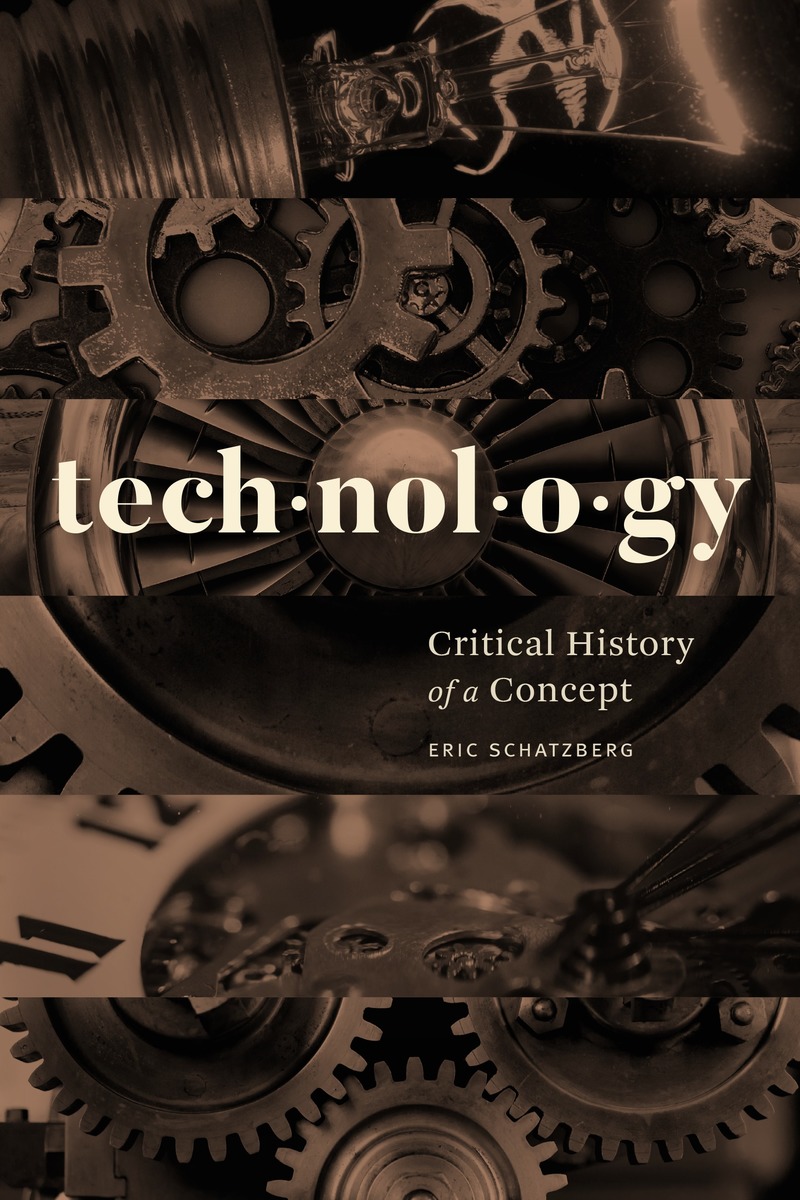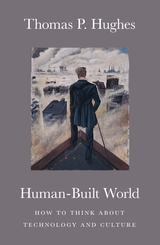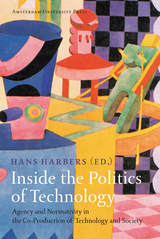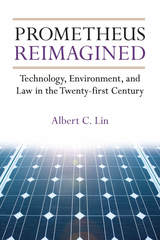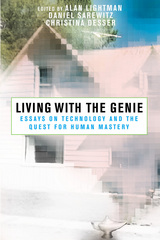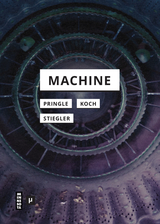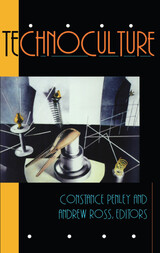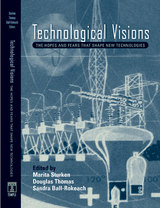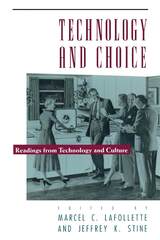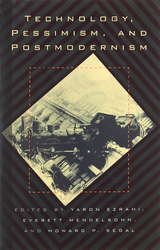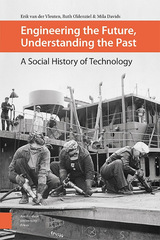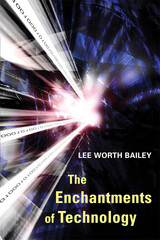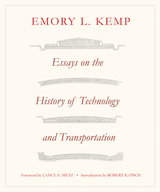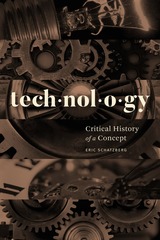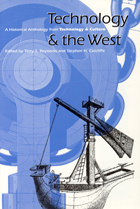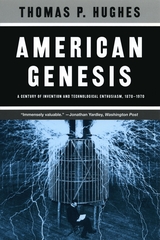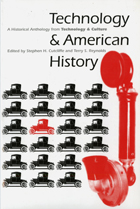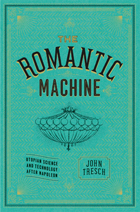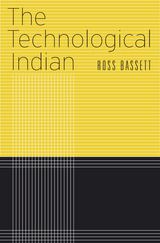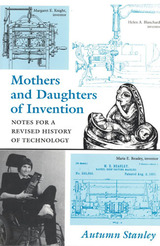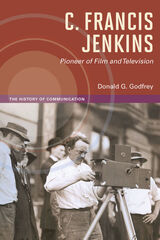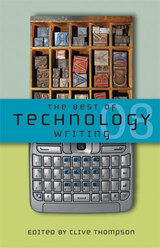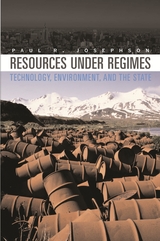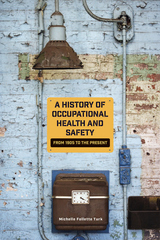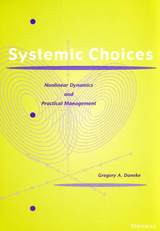Technology: Critical History of a Concept
University of Chicago Press, 2018
Paper: 978-0-226-58397-6 | eISBN: 978-0-226-58402-7 | Cloth: 978-0-226-58383-9
Library of Congress Classification T15.S343 2018
Dewey Decimal Classification 601
Paper: 978-0-226-58397-6 | eISBN: 978-0-226-58402-7 | Cloth: 978-0-226-58383-9
Library of Congress Classification T15.S343 2018
Dewey Decimal Classification 601
ABOUT THIS BOOK | AUTHOR BIOGRAPHY | REVIEWS | TOC | REQUEST ACCESSIBLE FILE
ABOUT THIS BOOK
In modern life, technology is everywhere. Yet as a concept, technology is a mess. In popular discourse, technology is little more than the latest digital innovations. Scholars do little better, offering up competing definitions that include everything from steelmaking to singing. In Technology: Critical History of a Concept, Eric Schatzberg explains why technology is so difficult to define by examining its three thousand year history, one shaped by persistent tensions between scholars and technical practitioners. Since the time of the ancient Greeks, scholars have tended to hold technicians in low esteem, defining technical practices as mere means toward ends defined by others. Technicians, in contrast, have repeatedly pushed back against this characterization, insisting on the dignity, creativity, and cultural worth of their work.
The tension between scholars and technicians continued from Aristotle through Francis Bacon and into the nineteenth century. It was only in the twentieth century that modern meanings of technology arose: technology as the industrial arts, technology as applied science, and technology as technique. Schatzberg traces these three meanings to the present day, when discourse about technology has become pervasive, but confusion among the three principal meanings of technology remains common. He shows that only through a humanistic concept of technology can we understand the complex human choices embedded in our modern world.
The tension between scholars and technicians continued from Aristotle through Francis Bacon and into the nineteenth century. It was only in the twentieth century that modern meanings of technology arose: technology as the industrial arts, technology as applied science, and technology as technique. Schatzberg traces these three meanings to the present day, when discourse about technology has become pervasive, but confusion among the three principal meanings of technology remains common. He shows that only through a humanistic concept of technology can we understand the complex human choices embedded in our modern world.
See other books on: Concept | Critical History | Science | Technology | Technology & Engineering
See other titles from University of Chicago Press
